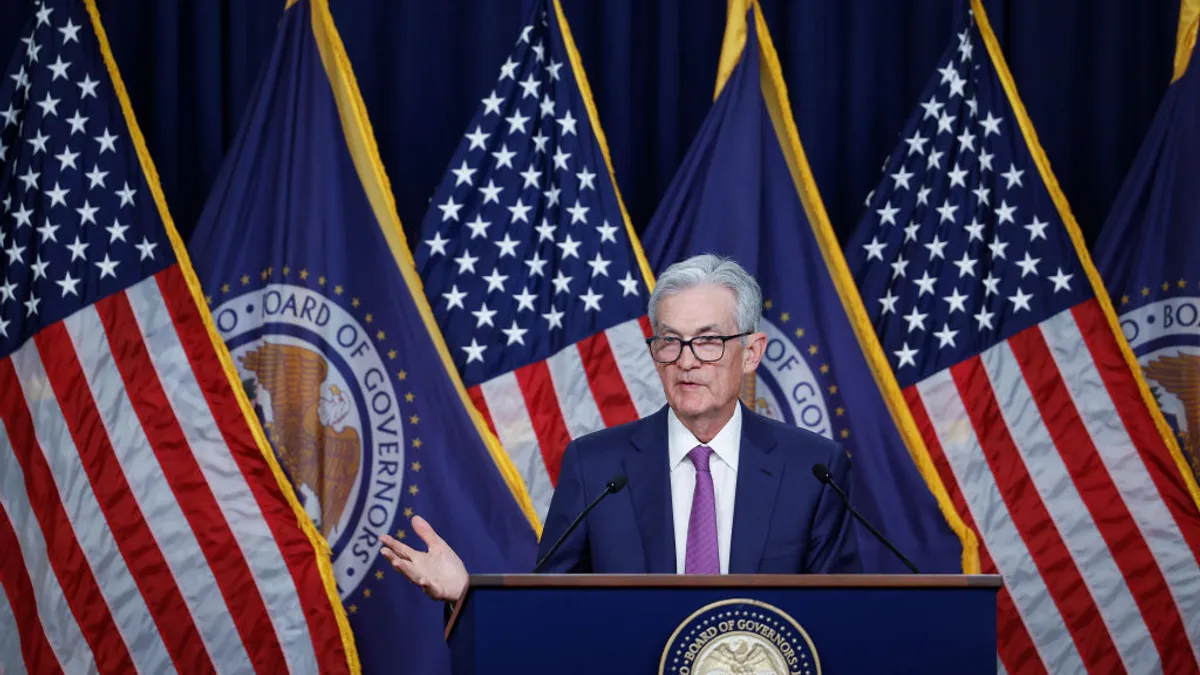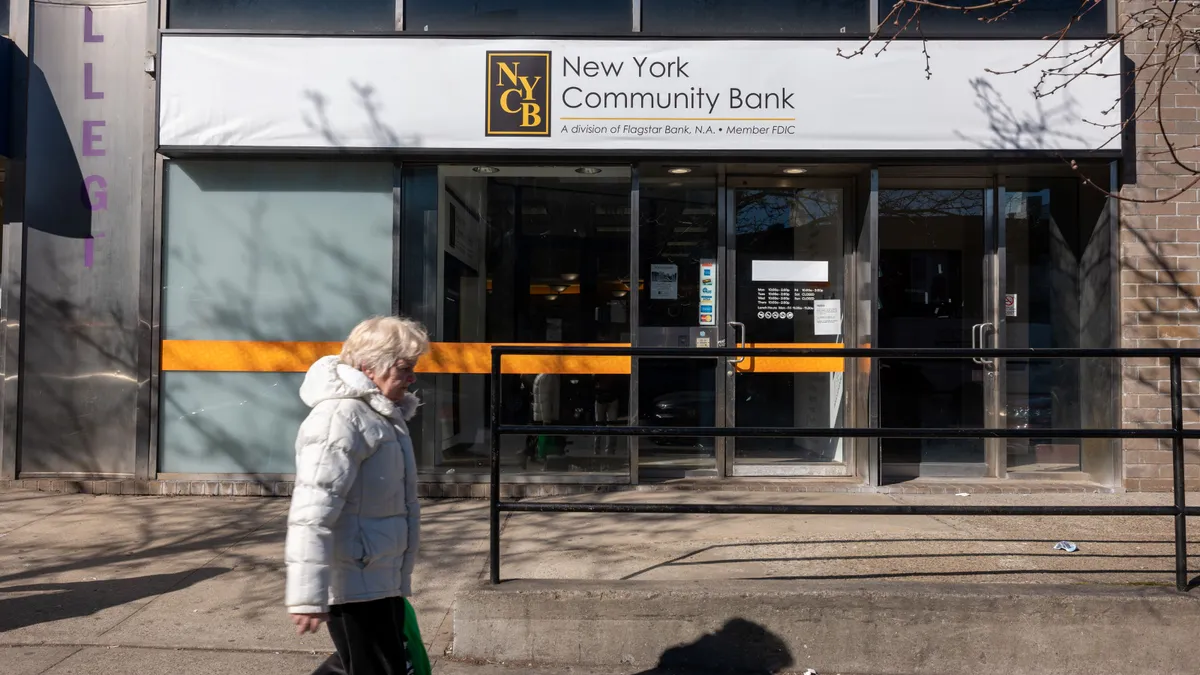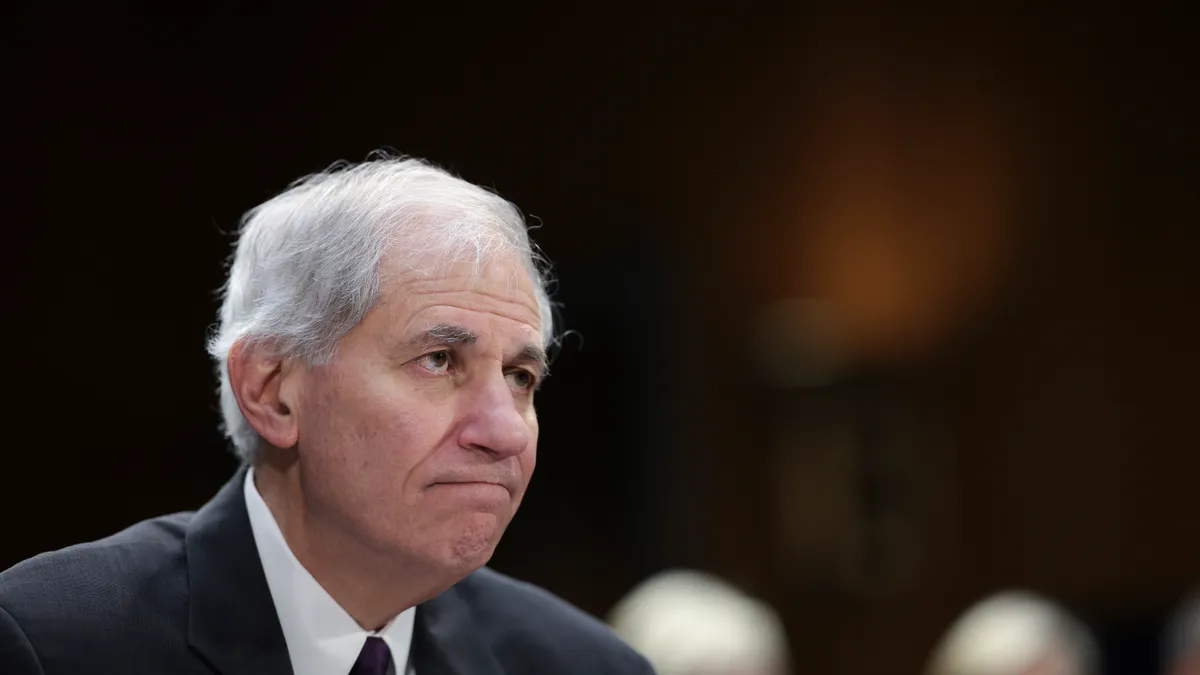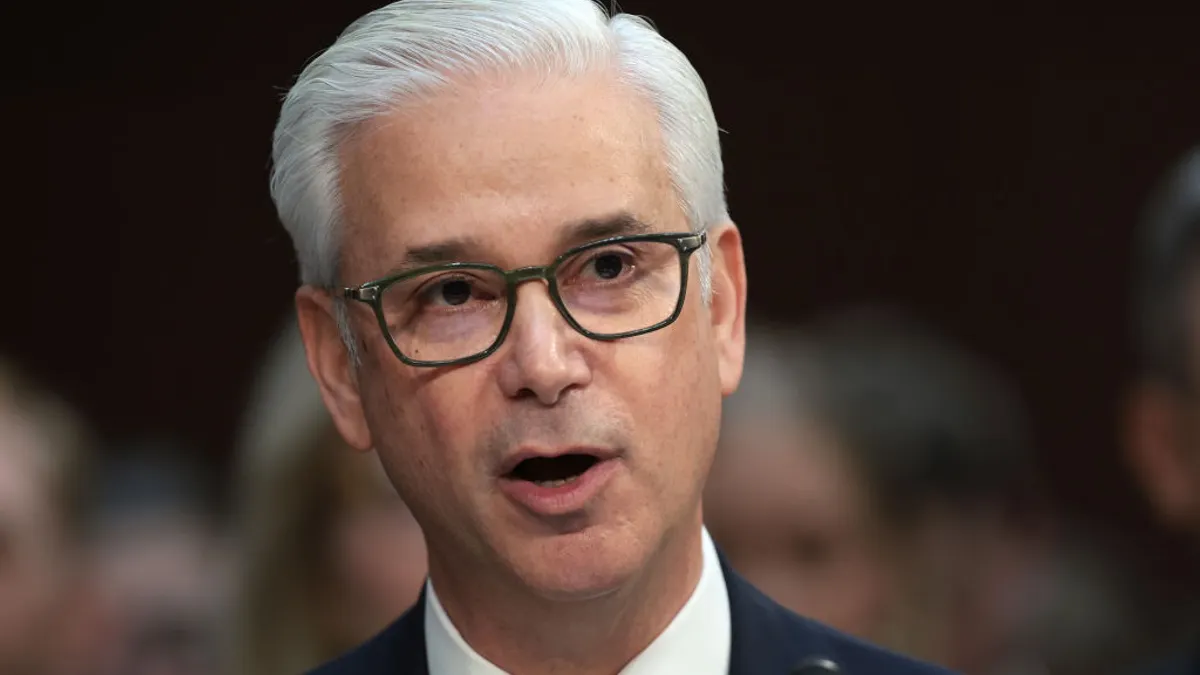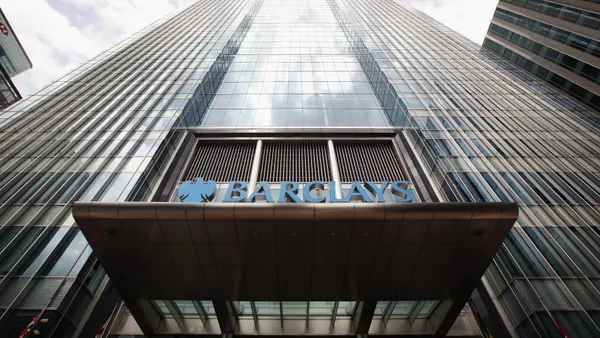On the surface, it may seem at times Citi has the progressive market cornered. This month, it became the first Wall Street bank to elevate a woman to CEO. In 2018, it became the first large U.S.-based bank to commit to reporting raw data on the pay gap between the men and women it employs.
But if Citi hears footsteps, they may be coming from JPMorgan Chase. Both banks made announcements Friday that looked to add credibility to their diversity efforts. Citi poached its next chief diversity, equity and inclusion officer, Erika Irish Brown, from Goldman Sachs. JPMorgan announced it plans to hire an extra 300 Black and Latinx wealth advisers by 2025.
Key to JPMorgan’s efforts is a partnership with historically Black colleges and universities to provide scholarships, training and licenses with the aim of filling 185 new full-time positions for the bank over the next five years.
"We want to drive a step change in the representation of financial advisors at J.P. Morgan," Kristin Lemkau, CEO of U.S. wealth management at the bank, said in a statement Friday.
That includes a dual-pronged mission to serve more well-heeled clients of color — and not only give nonwhite finance professionals a career start but foster advancement.
"It is not enough bringing a diverse workforce through the door, you need to have a whole support team that makes them feel like they belong and can build a career," said Christopher Thompson, head of diverse advisor experience at the bank’s wealth-management arm. "A lack of networking and mentorship opportunities reduces the chances of making real progress regarding diverse talent."
To that end, the bank said it's pushing to match emerging diverse talent with senior executives to spur mentor relationships.
Beyond the HBCU program, the bank created an inclusive investing team to lead the strategy behind products meant to better serve women, Black and Latinx investors.
"There is a huge segment of the population that is not participating in investing," said Jeanne Sun, the team’s general manager. "The entire industry has not been able to earn the trust, understand the needs and provide the right solutions for women and people of color."
This isn't the first time — even this month — Citi and JPMorgan have made dueling strides to out-"woke" one another. A day after Bloomberg reported that CEO Jane Fraser’s ascent to Citi's top role made the bank's board the most female-representative — at 50% — of the sector’s top 20 institutions, JPMorgan issued revised bylaws eliminating gender-specific pronouns.
Citi’s hiring of Brown perpetuates another narrative, too — that Goldman can't seem to hold on to its executives. Around the beginning of March, Goldman’s digital bank Marcus lost two leaders to a burgeoning Walmart fintech. Then, Goldman’s asset-management co-head and its general counsel left in rapid succession.
Goldman loses Brown less than a month after the bank launched a decade-long pledge to invest $10 billion in Black women — an initiative Brown helped build. Goldman, for its part, announced Friday it promoted Megan Hogan to chief diversity officer.
Brown will oversee talent planning, succession planning and leadership development when she joins Citi in the coming months, Sara Wechter, the bank’s head of human resources, said in a blog post Friday.
"There is so much great work going on across the firm, and Erika will bring a fresh perspective on global [diversity, equity and inclusion] strategies for all levels of the organization," Wechter said.
Citi, for its part, has long touted a goal to boost to 40% by the end of 2021 the proportion of assistant vice president through managing director roles occupied by women. Additionally, it aims for Black employees to fill 8% of those positions in the U.S. by the same time frame.
Its pay gap policy, though, appears to be what sets it apart from competitors — at least in the eyes of activist investor Arjuna Capital, which gave the bank an "A" last week in its report on pay gap disclosure across the banking industry. JPMorgan earned a "B." BNY Mellon appeared to find the key to advancing, in Arjuna’s eyes. It committed last year to report raw pay gap data starting in 2021, and moved up to an "A" in this year’s report, from last year’s B.
Apparently, a similar commitment from JPMorgan could generate more footsteps at Citi's heels.








